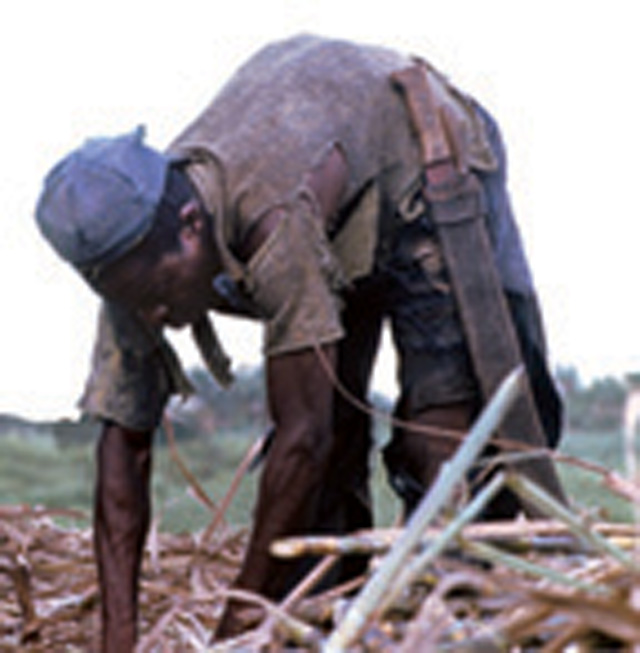Memories of mission
By Fr. Gerald Curry, S.F.M.
September/October 2009
Return to Table of Contents
Print Article
Arriving in Japan at the port of Yokohama in November of 1961 as a newly ordained missionary priest, a first impression was of the garbage collectors and street cleaners. Most were middle and older aged women. I soon learned that it was common in Japan for women to work at these physically difficult jobs, side by side with men, as together they rebuilt a nation that was beginning to rise out of the ashes of World War II. Those were difficult times for the Japanese people and all shared the hardships and the rewards of a recovering nation. Although I never witnessed poverty to the extent that I would later in the Global South, I am sure it was present in Japan especially during the years immediately after the war.
In the late 60s until the late 90s I travelled a number of times to developing countries where Scarboro missioners were working. Many memories, especially of poverty and struggle, remain with me. In the Dominican Republic I can still picture the little boy arriving for mass at a country chapel on a rainy and muddy Sunday. He greeted me with a smile and began cleaning his muddy feet before putting on his well-worn shoes, which he had saved from the muddy walk to church.
 This Haitian sugarcane worker in the Dominican Republic is one of millions of people in our world who struggle to share in the fruits of their labour and to live with dignity.
This Haitian sugarcane worker in the Dominican Republic is one of millions of people in our world who struggle to share in the fruits of their labour and to live with dignity.
Another image I carry in my mind is that of a visit to the Dominican sugarcane fields where I witnessed the harvesting of the sugarcane by Haitian workers in truly unbearable heat. I was told that they worked from dawn till dark and all for a dollar a day. As I left the field I remarked to my companion that we had just witnessed “hell on earth.”
One evening in Santo Domingo, my friend and I were taking a walk along the boulevard that runs along the Caribbean Sea. On this road were fine hotels and casinos, part of the tourist area of the capital city. A middle aged man was sitting on the walkway next to a hotel gateway, his back up against a low stone fence. Sitting next to him and leaning against him was a seven or eight-year-old child whose tattered and thin dress covered her sleeping frame. She was oblivious to the grand automobiles and finely attired men and women who walked by. Perhaps her father wished that both she and he were home in bed; instead he was on the street selling cigarettes one by one so that they may have something to eat. It occurred to me that this child had “fallen among thieves” as in the story of the Good Samaritan. I often wondered what her life has been like.
In Lima, Peru, I observed a crowded bus stop on a dusty road late one evening. The passengers had left home early that morning and toiled all day in one of the many sweatshops on the outskirts of the city. Now I watched as they slowly walked up the hillside road bordered by their homes built first of straw and metal sheets and then later of brick. They were squatters on the land and would eventually fight to claim that land as their own. As time went on they hoped to attain water and even electricity. For now they needed to get home for a bit of food and some rest in order to be on the bus that would come at dawn to take them back to another day of work.
As I write, the TV highlights of the military coup in Honduras are part of the daily news. The majority of Hondurans are poor. Their life is a continuing struggle to share in the fruits of their labour and to live with some dignity. Theirs is the life of at least a billion people in our world and in our time. We in the developed world are much too complicit in their poverty and their loss of dignity. Some of us strive to build a better world for all and some of us strive for other goals. It is clear that we Christians are part of the mix. What else is clear is the command of Christ to love one another and to lay down one’s life for the other.
Return to Table of Contents
Print Article
